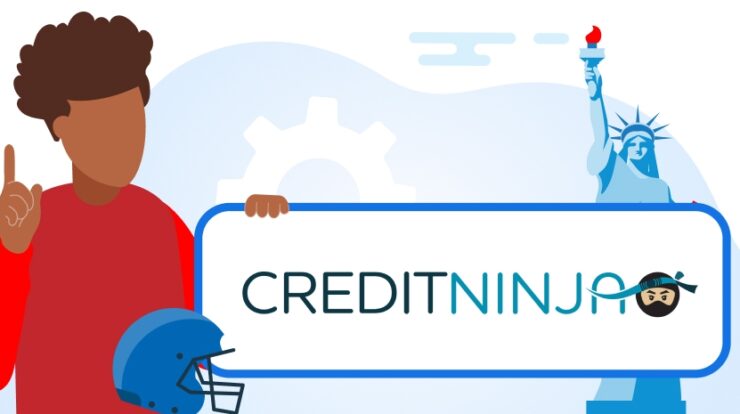
Whether you’re on the buying side or the selling side of the B2B industry, millennial workers are now nearly the dominant workforce across the board. In both B2B and B2C industries, millennials and Gen Z’s amount to 46% of the workforce. Gallup posted an interesting article in 2021 that explores what the millennial workforce experts from employers – everything they ask is within reason.
They’re not asking for outrageous pay rises and perks; they want a company that gives them everything they need to stay loyal for a lifetime. Considering the cost of onboarding a new employee is around $4,000, it’s time to listen to the respectable demands of the workforce.
An Employer That Cares About Well-Being
You’d think it would be simple for employers to care about the well-being of their employees, but a study by Work Place Insights revealed that 79% of workers felt their employer didn’t care whether they were happy or not. Gallup even states that a business’s stance on employee well-being has long been a deciding factor on where to work.
Sometimes, it’s as simple as checking in once a week. An email, Skype chat, or short face-to-face meeting to check how employees are feeling can make all the difference to engagement. Talking of engagement and well-being, an employee engagement programme can nurture well-being and nurture engagement and productivity all in one platform. It’s a way of recognizing and rewarding employees, making them feel a valued part of the company.
Ethical Leaders
Ethics and business politics quickly spill into the office workplace – office scandals and ethical conundrums led to more SEC fines and fines related to corporations in 2020 than ever previously recorded. There’s no denying that these ethical scandals, such as some employees having preferential treatment in terms of pay and how they work, create a toxic working environment.
As a result, millennials now want more legal frameworks and bold action against unethical working practices.
Without that, the deeper issue of productivity trust comes into play. If employees don’t trust each other to carry out their own responsibilities, teamwork becomes nearly impossible. Frictions become apparent, productivity reduces, and unethical favoritism hinders the entire business operation.
Older Millennials Want Transparency
Older millennials may not appreciate being categorized as that but do come with a unique set of demands – especially the loyal older millennials that have witnessed company change over the years. Many of these millennial workers entered the working world around the 2008 financial crisis, where transparency didn’t seem to be an option. As a result, these employees suffered from wage cuts, suboptimal mortgages because of wage cuts, and a lack of organizational trust.
Thus, they now want transparency in the form of actual facts and data rather than word of mouth. Some even want third-party validation on the company to confirm the business is heading in the direction it intends to.
A Diverse and Inclusive Workforce
Diversity is a buzzword used in business for years now – driven by the fact that millennials and Gen Z workers, in particular, have grown up in a more diverse world. Most companies have a diversity policy in place that means age, gender, race, and disability are no longer deciding factors in the hiring process.
Businesses should focus on diversity, equity, and respect. Let’s look at the respect side of things. Individualized respect should be the new standard norm. The perfect example is younger employees that may feel like their opinion isn’t valued – and thus, don’t feel they’re part of an inclusive workforce.
Investing in your employees is investing in your company. Pleasing a workforce isn’t tricky, but it isn’t as simple as offering a good salary. In addition to the points listed above, employees want career progression, employers they feel like they can talk to, and a working environment that respects their individual needs.


